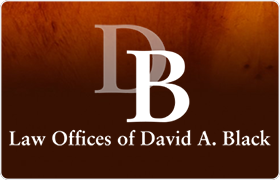Phoenix White Collar Crime Lawyer, Arizona
Sponsored Law Firm
-
 x
x

Click For More Info:
-
Law Offices of David A. Black
40 North Central Avenue Suite 1400 Phoenix,AZ 85004» view mapAssault, Appeals, DUI, Drug Crimes Phoenix Criminal Defense Lawyer
We have years of experience successfully defending clients. Being accused of a crime is simply that – an accusation. We will vigorously defend your rights.
800-975-4680
Kristen M Curry
✓ VERIFIEDKristen Curry has been certified as a Criminal Law Specialist through the State Bar of Arizona for the past 18 years and has extensive jury trial and ... (more)
Jeremy S. Geigle
✓ VERIFIEDJeremy earned his undergraduate degree from the Marriott School of Management at Brigham Young University in 1998. He then attended Pepperdine Univers... (more)
Ryan McPhie
✓ VERIFIEDGrand Canyon Law Group (formerly McPhie Law) was created to fight for the little guy. We pride ourselves on being the law firm that fights hard and pu... (more)
Craig J. Rosenstein
FREE CONSULTATION
CONTACTJamal F Allen
FREE CONSULTATION
CONTACT
 David A. Black Phoenix,AZ
David A. Black Phoenix,AZ Contact UsContact the Firm
Contact UsContact the Firm About UsLearn More About Us
About UsLearn More About Us




